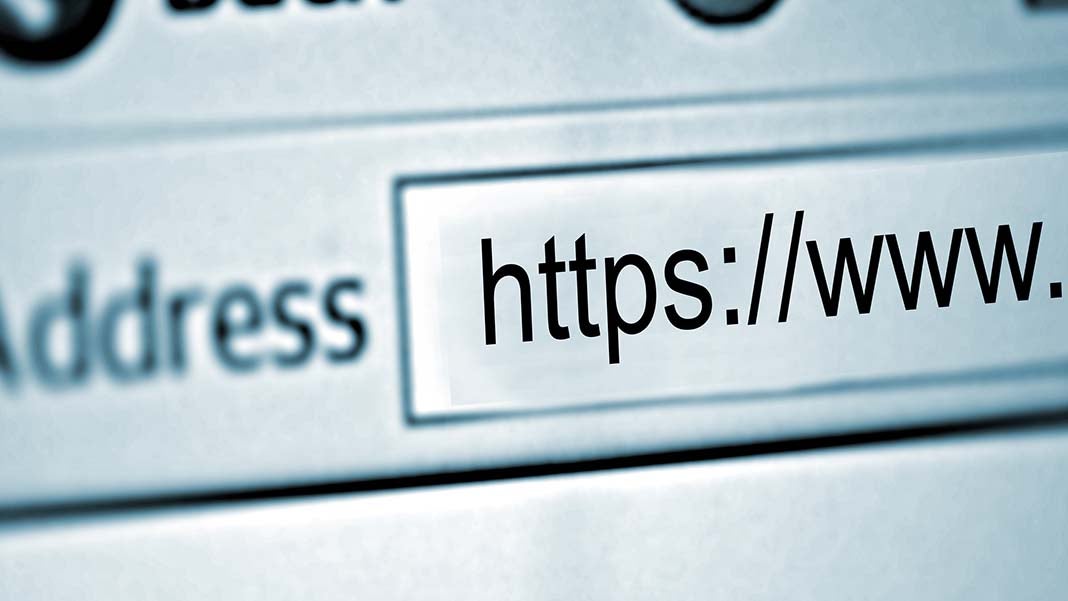4 Ways to Give Your Small Business More Online Security
By: SmallBizClub

Picture this: you just started a small business. You’re growing your company, adding new contacts, new customers, and increasing your profits. You’re busier than you’ve ever been before. But then something happens. Your website gets hacked. Highly sensitive information is exposed. There are liabilities, legalities, and you’re at a loss. You’re devastated. Your once-beautiful dream has turned into a living nightmare.
Small businesses are becoming increasingly vulnerable to cyber breaches due to their lack of security measures. In fact, nearly 60% of all small businesses experienced some type of cyber breach in 2014.
If you’re a small business owner, you need to follow these tips.
Keep Your Software Up to Date
We’ve all been guilty of neglecting our software updates. You get a pop-up asking to reinstall your computer, but you’re too busy watching Netflix to care. While it’s a common scenario, it’s also a dangerous one. One of the easiest ways for hackers to infiltrate your small business is through vulnerabilities in your software, and one of the most common reasons for having software vulnerabilities is the simple fact that your software is out of date. Whenever you see that pop-up, stop what you’re doing and take a few minutes to update your computer.
Use Stronger Passwords
More than 50% of us use the same password for most—if not all—of our online accounts, but not you, right? You’re a savvy business owner who knows the importance of setting up strong passwords and even stronger security questions. Did you know the most common password is still ‘123456’?
Related Article: 5 Important Online Security Tips for Small Businesses
Make sure your passwords contain both upper- and lower-case letters and incorporate a few numbers as well. Passwords with more than eight letters are good, but passwords with more than 12 letters are great. Avoid using passwords related to your personal information. Names, dates, etc. are all easy targets and should be changed immediately.
Handle with Care
One of the most common cyber-attacks is the phishing scam. This is done by sending the unsuspecting victim (you) a fake email with malicious attachments. Usually, the hacker will try to grab your attention by claiming to be someone you know or writing to tell you you’ve won something. Once you open the email and click on the suspicious link or download the suspicious attachment, it’s curtains. They’ll have full access to your computer and all the information therein.
There’s no set way to prevent these kinds of attacks, so suspicion is the best prevention. When it doubt, erase a message. This can be particularly tricky for small business owners because the majority of their contacts are unknown. Always proceed with caution. If someone’s offering you something or asking you to download an attachment, don’t.
Use Protection
Arming yourself with a good antivirus software package is a good start, but small business owners should go a step further. VPNs, or virtual private networks, help encrypt your data and hide your IP address. Use a VPN to help take your information off the grid and help protect your business’s private information.
There are plenty of free VPNs on the market right now, but their quality is debatable. It’s worth paying for a VPN service as they guarantee your privacy and online anonymity. Decent VPN services cost between $5-10 a month.
As hackers continue to develop intelligent new ways to hack into business records, it’s important to keep up. Stay ahead of the game by boosting your business’s security.
Author: Arthur Baxter handles Network Operations at ExpressVPN. Learn more about Internet privacy on their site here.
3067 Views












